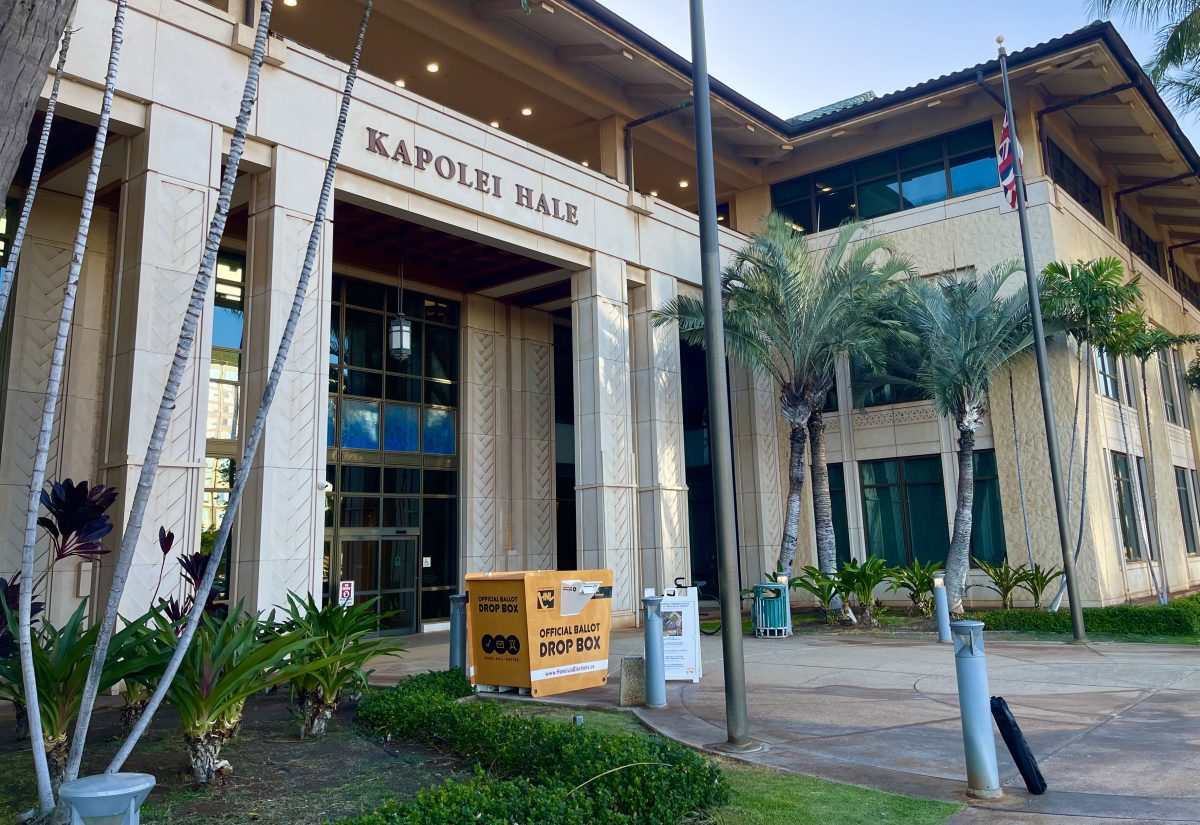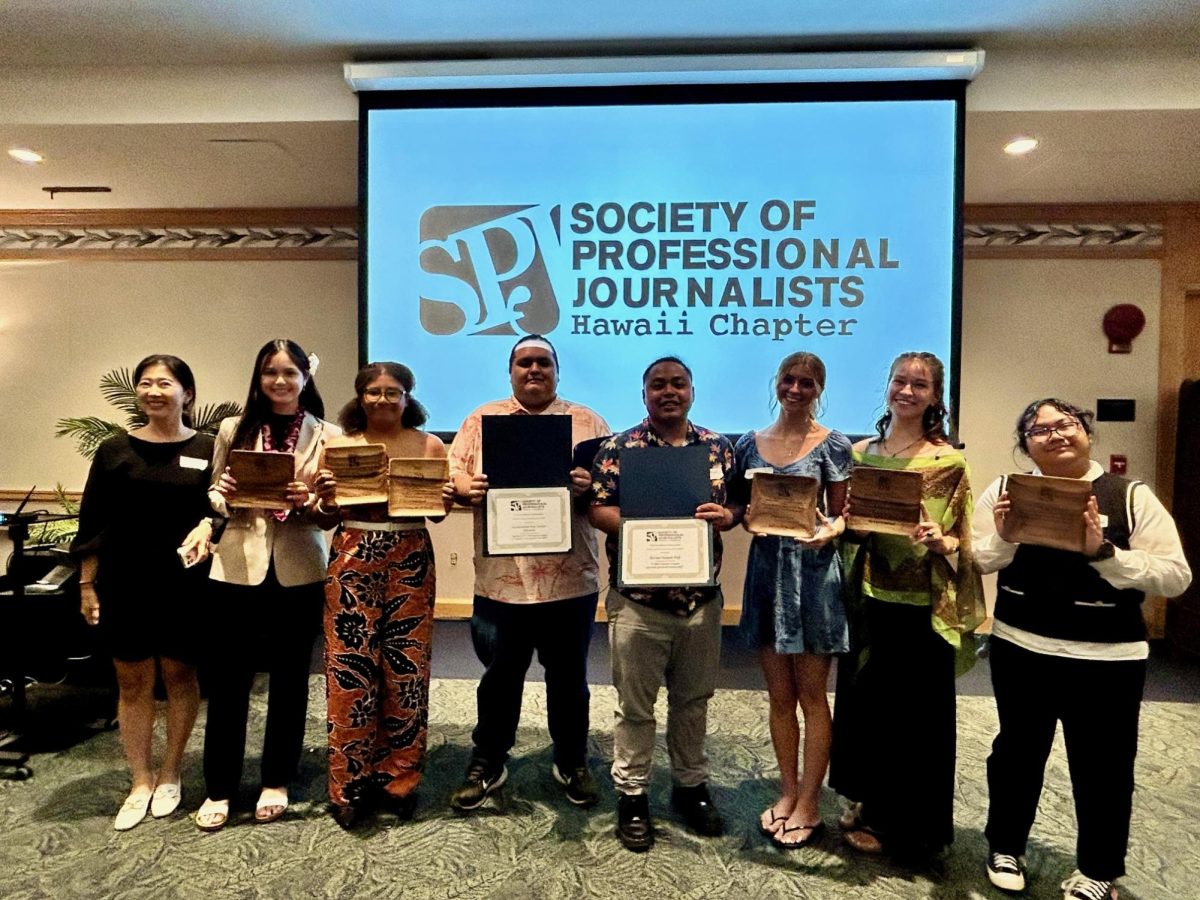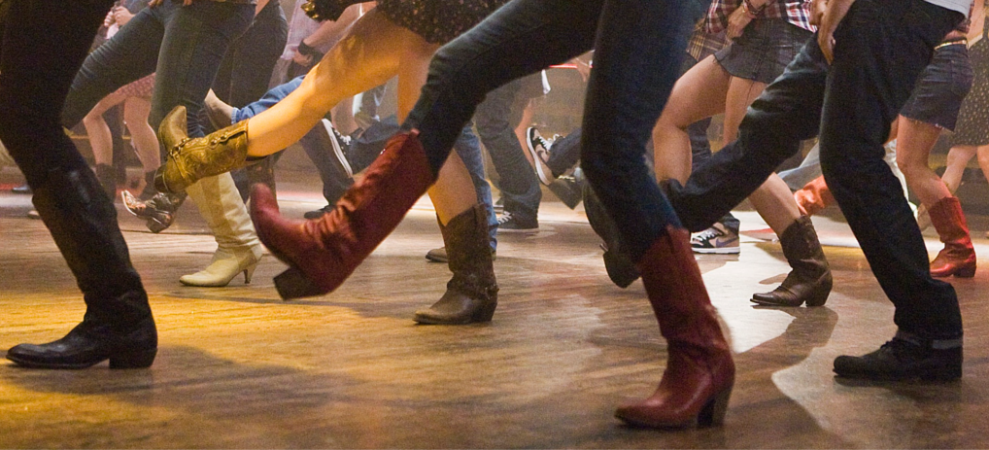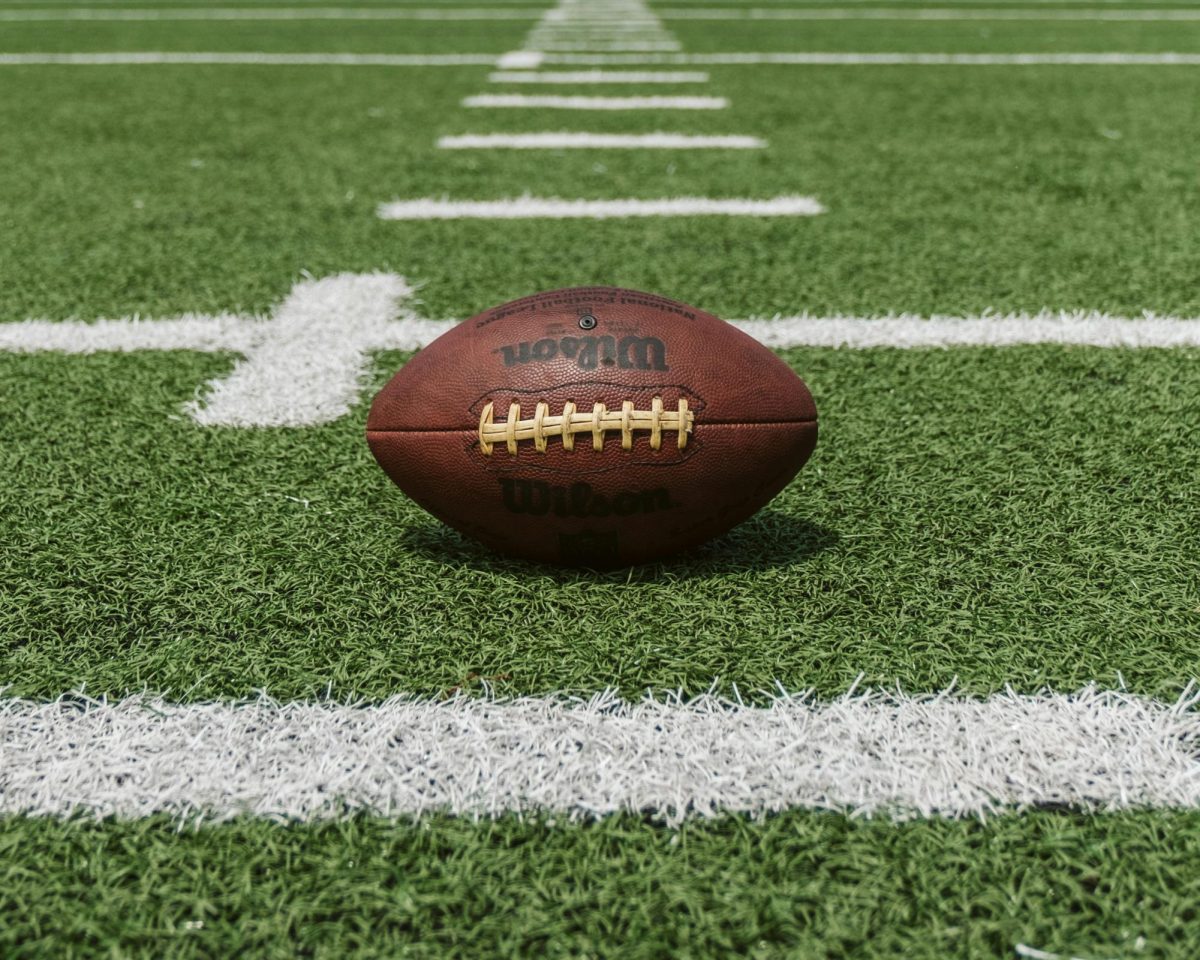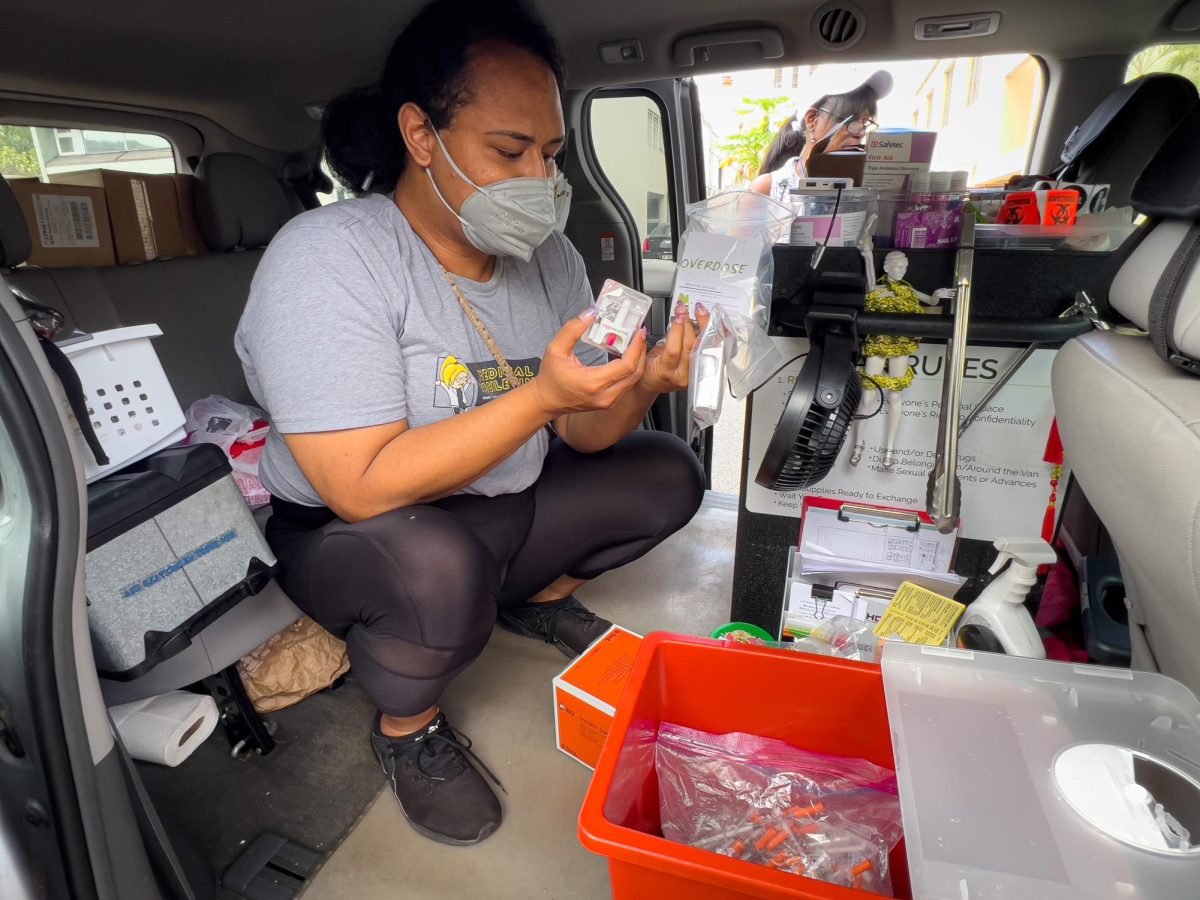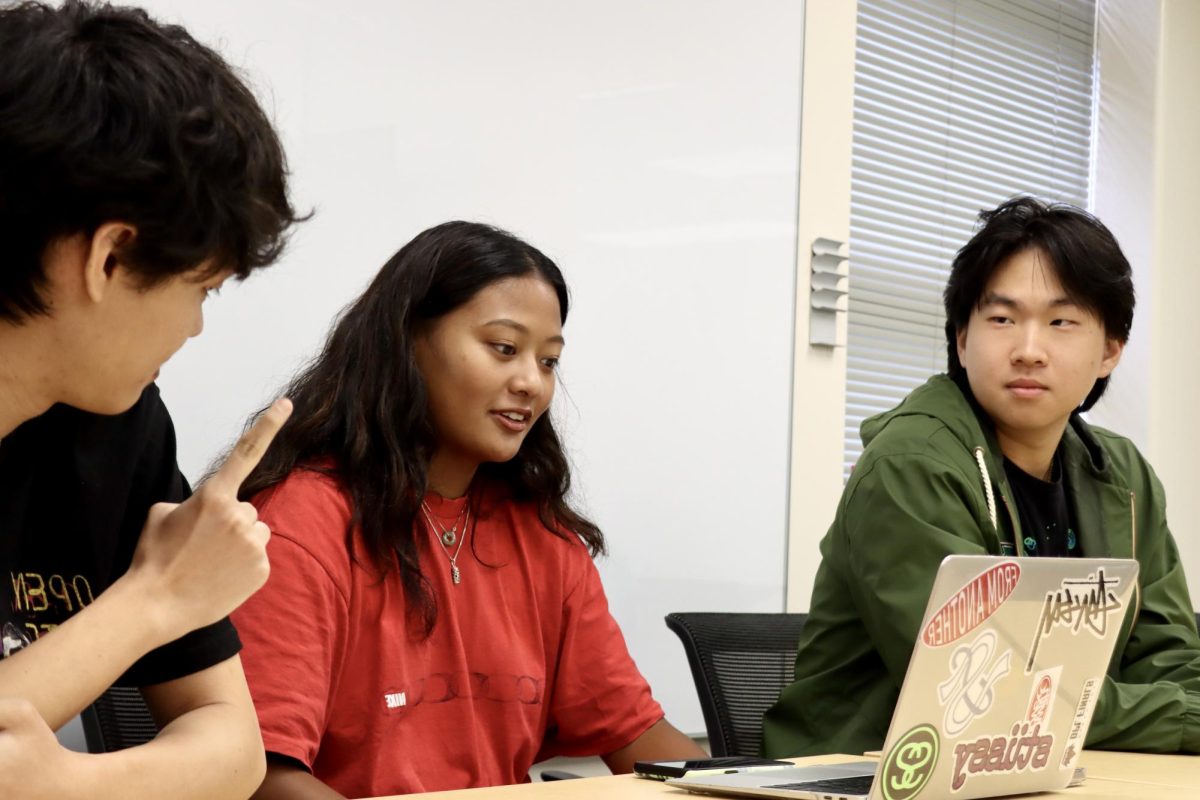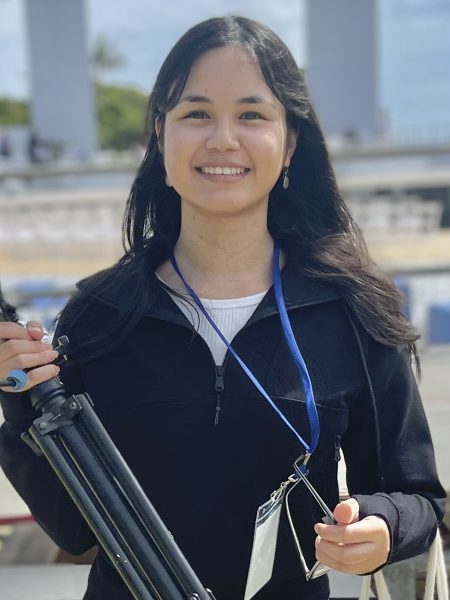Students at the University of Hawai‘i at Mānoa are weighing the value of their votes in this year’s elections, with some inspired by the chance to shape the future and others skeptical of their single vote’s impact.
Chris Siebel, a freshman majoring in biology, voted in California and expressed the importance of youth involvement.
“Young people make up a larger majority of the population, so they should have a say in what people in office do,” Siebel said.
Shelby McCrory, a junior and nursing student who mailed her Colorado ballot from UH Mānoa, also agrees that young people should be active in civic engagement.
“I vote differently than my parents,” McCrory said. “You know, your parents would vote for your household and kind of speak for you and only their votes would be cast, but now I get to cast my own vote and it is not the same as my household vote and I think that’s really important … it’s good to exercise that right and so we can start seeing some differences in our country because we need it.”
For many voters, the Electoral College – a system in which states cast votes based on their populations rather than strictly by popular vote – adds to the debate.
In presidential elections, the winner in most states takes all of that state’s electoral votes and with a total of 538 electoral votes, a candidate needs 270 to win the presidency.
This system can sometimes mean that the candidate with the popular vote does not ultimately win, leading some young voters to feel discouraged about its effectiveness.
The Electoral College was established to ensure a fair distribution of power among states, large and small populations. Today, it gives certain states greater influence, causing candidates to focus heavily on “swing states” where outcomes are less predictable.
“I feel like my vote can definitely have an impact, maybe not in the presidential election, but other areas,” Siebel said. “Because it just depends. Certain electoral maps are very close. Specifically, if you look down at the county lines in different states, they could have a larger impact in swing states.”
Similarly, McCrory shared her thoughts on the impact of her vote and the Electoral College.
“I do believe that a single vote can truly influence [the outcome], because my vote is different from my friends, or maybe similar to my friends, but my vote is different from my family and so my vote alone may make a difference for sure in the big picture of it. And I know people say, like with the system of the Electoral College, that they don’t believe it makes a difference, but I genuinely do and I think it’s important to exercise our right.”
Though not everyone is as hopeful about the influence of their vote. Sebastian Duque, a sophomore majoring in psychology, shared his view that the influence of a single vote can feel limited.
“I believe a single vote cannot influence the outcome of an election,” Duque said. “To be honest, it’s just one vote. The Electoral College does it all, so it’s not anything that important. But yeah, for sure, get your opinion out there.”
During the 2016 election between Hillary Clinton and Donald Trump, Clinton won with 232 Electoral College votes and Trump won with 306 Electoral College votes.
Though for popular votes, Clinton won 65,844,610 million votes – 48 percent to Trump’s 62,979,636 million votes – 46 percent.
Claire Venery, a first-year student in the Master’s of Library and Information Science program, recalled the 2016 election, which left her feeling uncertain of the impact of her vote.
“I’m like, a little jaded with the Electoral College, as last time with a vote, like Hillary won the popular vote but Trump won with Electoral College,” Venery said. “I hope my vote will count, but I’m uncertain, whereas I feel at the community level, it definitely feels like it’s going to have an impact.”
Another student Aradhana Shrestha, a freshman majoring in entomology from Nepal, expressed why youth engagement with the general election is important.
“I believe that one vote can influence the direction of [the] election. Because I think the, like, bigger numbers are, you know, just adding up the single numbers, one plus one is two, and two plus two is four,” Shrestha said. “And by that, I think, like, if everyone, like, think like this, like, my vote will not create a great difference. And what if we, everyone, thought like this, then there will be no vote.”
In the 2022 General Election, only 48.7% of Hawai‘i’s registered voters casted their ballots, with just over 419,000 of the state’s 861,000 registered voters participating according to the State of Hawai‘i Office of Election.
Rep. Amy Perruso, chair for the Higher Education & Technology, stresses the cumulative effect of a turnout like this, emphasizing that a very small number of votes makes all the difference in Hawai‘i.
“I think it’s really important that people understand that we all together, each and every one of us matter, and our votes matter,” Perruso said. “It doesn’t have to be the single vote that wins an election, but in the process of voting, we are committing over and over again to this society.”
National polling throughout the race had shown strong youth support for Harris, but as the votes are tallied, the impact of Hawai‘i’s young voters remains part of a wider narrative about their growing political influence.
For more on Hawai‘i voting resources, visit elections.hawaii.gov.
Alani Calderon is a senior journalism student minoring in political science at the University of Hawaiʻi at Mānoa. She writes for Ka Leo O Hawaiʻi and Mānoa Mirror, aspiring to pursue a career in broadcast journalism with a passion for storytelling and amplifying marginalized voices.


